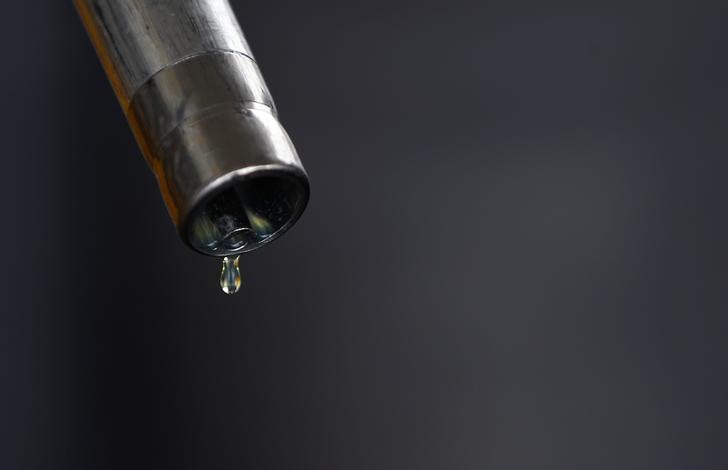By Barani Krishnan
Investing.com - Iran can wait, the oil market has decided.
Oil prices gained another 1% Thursday, rising for a fifth straight trading day as traders put concerns about a potential supply hike from Iran on the backburner to focus on a surge in near-term fuel demand expected from the oncoming U.S. summer driving season.
Americans will take to the road in droves between Friday and Monday’s Memorial Day holiday in what could be a boon for gasoline consumption.
The American Automobile Association expects as many as 37 million road travelers for the occasion, up 60% from last year’s pandemic-suppressed number of 23 million. Those driving over the three-day stretch typically fill their tanks more than once.
The speculation of what that could do for fuel demand that has already been ticking up the past few months amid recovery from the coronavirus sent U.S. crude near the $67 per barrel mark on Thursday, its highest in 10 days.
West Texas Intermediate crude for July delivery, the benchmark for U.S. oil, settled up 64 cents, or 1%, at $66.85. WTI has risen more than 5% on the week so far.
Brent crude for July delivery, which acts as the global benchmark for oil, settled up 33 cents, or 0.5%, at $69.20. Brent is more than 4% on the week.
WTI and Brent were also supported by U.S. government data on Wednesday showing stronger-than-expected drawdowns in crude oil, gasoline and distillate stockpiles last week.
Bets over Memorial Day consumption helped oil prices recover from concerns earlier on Thursday that Iran could soon reach a new nuclear deal with world powers lifting U.S. sanctions on its crude exports.
The nuclear deal aside, Iran’s Goreh-Jask oil pipeline was due to ship its first crude oil in June, with all construction having finished last week, Oilprice.com reported.
The pipeline will enable Iran to transport huge quantities of oil from its major oil fields via Goreh in the Shoaybiyeh-ye Gharbi Rural District of Khuzestan Province 1100 kilometers to the port of Jask in Hormozgan province on the Gulf of Oman, the report said.
It added that the 42-inch pipeline was absolutely crucial to Iran’s ability to continue to circumvent the U.S. sanctions against it and to consolidate its burgeoning customer base in Asia. Although signs have emerged in recent days that a new iteration of the Joint Comprehensive Plan of Action (i.e. nuclear deal) might emerge, Iran regards the Goreh-Jask pipeline as the most vital strategic oil export route to avoid it ever being beholden to the U.S.’s wishes in the future, the report said.
